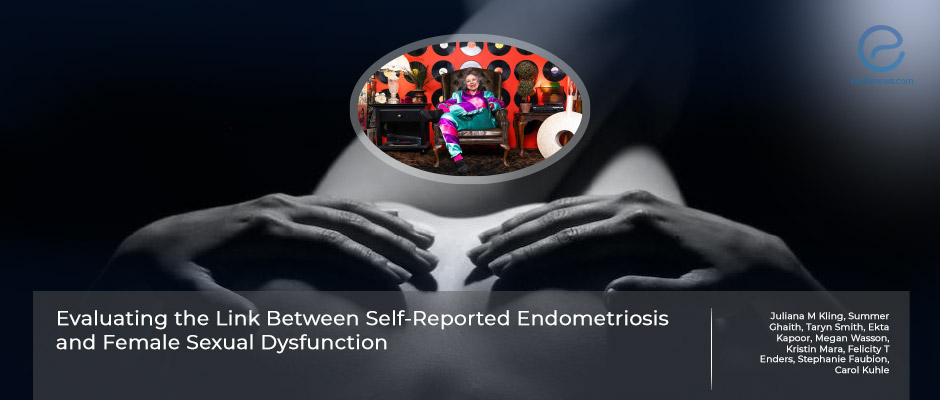Endometriosis Increases Risk of Sexual Dysfunction But Only Before Menopause
Nov 2, 2022
Premenopausal women with endometriosis have a higher risk of experiencing sexual dysfunction.
Key Points
Highlights:
- Endometriosis increases the risk of sexual dysfunction before menopause.
Importance:
- This knowledge can ensure that doctors evaluate the sexual function of their patients who have not yet reached menopause and have endometriosis.
What's done here:
- Researchers conducted a cross-sectional analysis of 7,118 sexually active women ages, 18 to 90.
Key results:
- Premenopausal women with endometriosis were more likely to have sexual dysfunction compared to those without the disease.
- For peri and postmenopausal women with endometriosis, the risk of sexual dysfunction was lower.
Limitations:
The direction of the association cannot be determined due to the cross-sectional nature of the study.
Lay Summary
Endometriosis increases the risk of sexual dysfunction, found a new study by US scientists. But this is the case only before menopause.
This finding can guide doctors in decision-making about evaluating the sexual function of women with endometriosis who have not yet reached menopause.
It was already known that endometriosis could affect the sexual function of women with endometriosis.
Here, a team of researchers led by Dr. Carol Kuhle a Consultant and Assistant Professor of Medicine at the Mayo Clinic in Rochester looked at the relationship between self-reported endometriosis and female sexual dysfunction using validated surveys.
The researchers analyzed a total of 7,118 sexually active women, ages, 18 to 90 who came to the Mayo clinic between 2015 and 2021. The majority of the women (78.4%) were starting or were in menopause. A small proportion (8.7%) said they had endometriosis in the past. A little more than half (57.2%) experienced sexual dysfunction.
The researchers found that women with endometriosis were more likely to be overweight or obese, be smokers, have had a history of heart disease and osteoporosis, anxiety and depressed mood, a hysterectomy and bilateral salpingo-oophorectomy, and have used hormone therapy.
They were also significantly more likely to have sexual dysfunction but only before menopause. This was the case even after adjustments were made in terms of age, body mass index (BMI), race and ethnicity, marital status, education level, hormone therapy, use of hormonal contraceptive, self-reported history of abuse within the last year, a history of other diseases such as diabetes, heart disease, hypertension, osteoporosis, and stroke, anxiety, depression, relationship satisfaction, and use of antidepressants.
“ These findings highlight the opportunity for healthcare practitioners to evaluate sexual function in premenopausal women with endometriosis,” the researchers wrote.
Sexual dysfunction is defined as any problem that prevents a woman from wanting or enjoying sexual activity.
Research Source: https://pubmed.ncbi.nlm.nih.gov/35970712/
menopause sexual function

